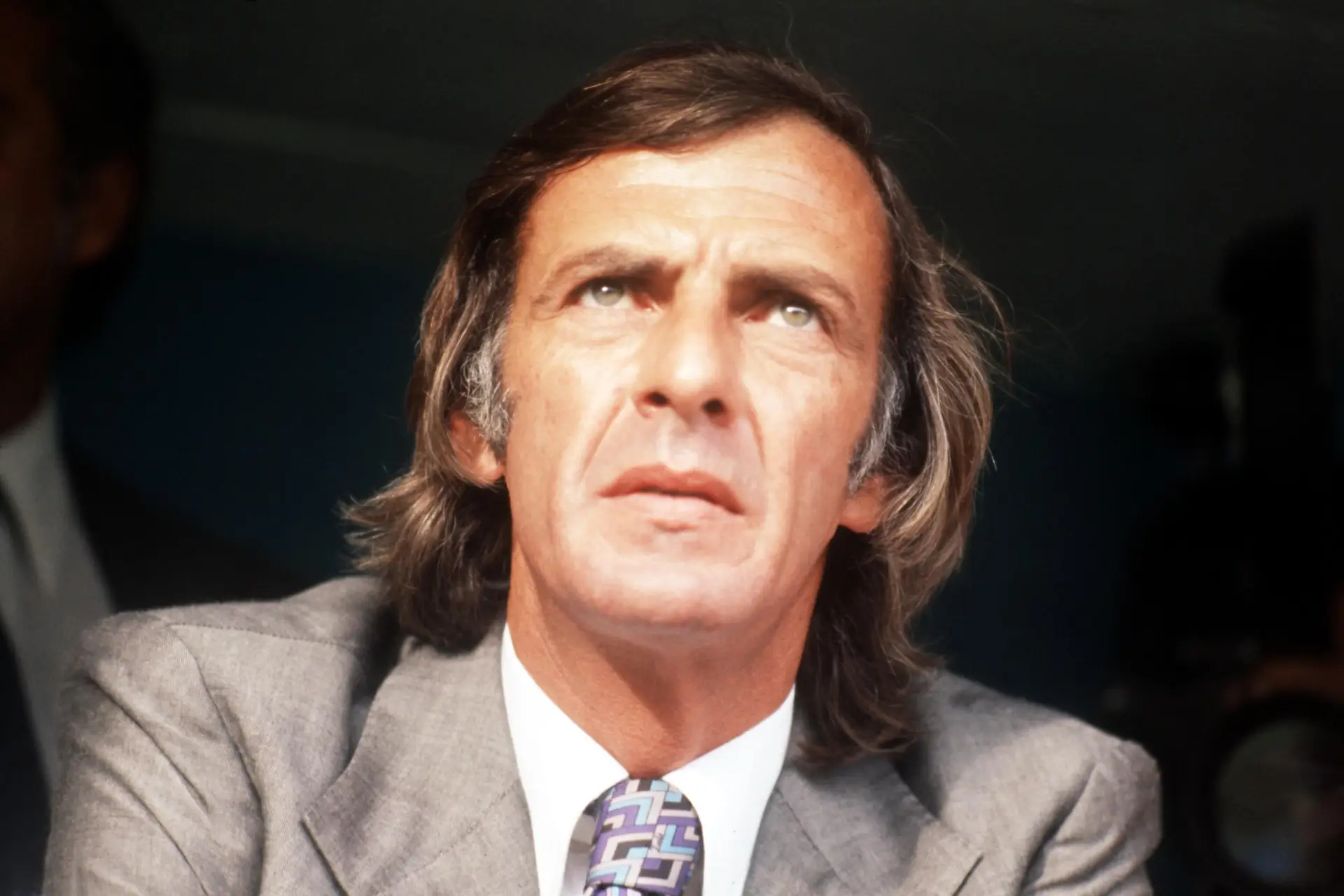They called him “Flaco” because he was tall, thin, not very agile in his movements, but what do you mean by calling him “Flaco” whose offensive ball, and even romanticism, with the agility he had, that is, in words, helped to revolutionize football. ? Cesar Luis Menotti died on Sunday in Buenos Aires at the age of 85.
The coach who gave Argentina its first world title in 1978, with Mario Kempes but without Maradona, who excluded him from the World Cup (a decision that would weigh on him for the rest of his life) leaves after ten days in hospital, with a severe case of anemia. Perhaps we owe him an idealized version of football, one who treated it with the same respect as writers or musicians, whom Menotti often cited when talking about the beautiful game.
With him, football was an attacking game, and a beautiful orchestra on the field. The ball was always handled well. “When someone talks to Menotti, he always learns about football,” he said. The Express Tribune Angel Kappathe former Argentine coach who helped Menotti to the 1982 World Cup, is already a sad memory for Albiceleste and which also contributed to critics suggesting that the magician was perhaps too rhetorical and lyrical for the demands of modern football.
Strange or not, with Menotti as National Director of Selection at the Argentine Football Association, a position he took up in 2019, Argentina are world champions again, in 2022, although he assumed the decision to appoint Lionel Scaloni It wasn't yours.
Before being benched, Menotti was a striker who arrived relatively late in football. He was born in Rosario, like Lionel Messi or Marcelo Bielsa, in 1938, and only played professionally from the age of 22, at Rosario Central, before moving to Racing and then Boca Juniors. What was it like as a player? Nothing like introducing himself: “If you give me the chance to choose – that's a bit absurd – but he was like Riquelme: a good shot from distance, with a lot of passes to goal. He was clever, he made tunnels and he was strong in the game.” Compressed granules“, he once reviewed for the magazine “El Grao”.
He also played soccer in North America and finished his career in Brazil, where he played alongside Pele at Santos – who he said was the best ever, better than any other countryman. In Sao Paulo, he won the Brazilian Championship, and ended his career with Juventus da Moca. He played little for the national team, only seven matches, but the blue and white story would be written differently.
A heavy smoker (the cigarette in the corner of his mouth was a trademark), Menotti was just 35 when he joined Argentina's senior team in 1974, having become Argentine champions with Huracan, where poetic, attacking football was already a reality. . In an Argentine federation unaccustomed to a professional environment, Menotti immediately imposed long-term ideas. The football was magical and so were the coach's words.
Winning the 1978 World Cup did not come without some bitterness. Menotti was a leftist, affiliated with the Communist Party, at a time when Argentina was living under a terrible military dictatorship. He was accused of not criticizing the regime enough, but even before the fall of the dictatorship, he was one of the country's symbols who demanded to know the names of those who had disappeared from the terrible years of the Videla regime.
In 1979, now with Maradona, he was the under-20 world champion in Japan. “I really learned to play football, I learned from Menotti: he taught me how to manage spaces, how to manage times, how to use deception, and know how to use it,” he explained: “Making strikers fall into the trap and realize that there are movements in the back line that later create Maradona or “Ramon Diaz or Calderon, who were great players who played for this team.”Robin Rossione of the players of this team, in an interview with The Express Tribune In 2019.
Rossi said in this interview that Menotti was “quite intelligent, very intelligent. With conviction, principles and ideals in which his philosophy of life is fundamentally reflected on the pitch.”
“I remember a phrase that says: 'You know a person more in an hour of play than in a year of conversation,' – said Plato. At this stage of the game, a person is what he is in life, and in life Menotti is a person without him.” trap [truques/armadilhas]”, who likes to have things the way he wants, which is the same thing he preaches in the world of football: playing to win, which is not the same as trying to win anyway.”
The success achieved in 1978 and 1979 would not be repeated in the 1982 World Cup and Menotti left the Argentine national team. This was followed by spells at Barcelona (where he met Maradona again), Boca Juniors or Atletico Madrid, for the Mexican national team and for countless Argentine and Mexican clubs. Never with the same success. But history remains the man who dealt with football as one deals with art.
“For me, there are two key coaches who brought important things to improve football: Rinus Michels, from tactics, and Menotti, from concepts. Concepts allow you to understand. Rinus Michels made teams short, which reduced spaces and times. He forced me to think more clearly. Different. Menotti helped us understand the game, get into it and understand it better.” The Express Tribune In 2018. And that's no understatement.

“Writer. Communicator. Award-winning food junkie. Internet ninja. Incurable bacon fanatic.”

